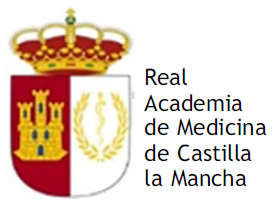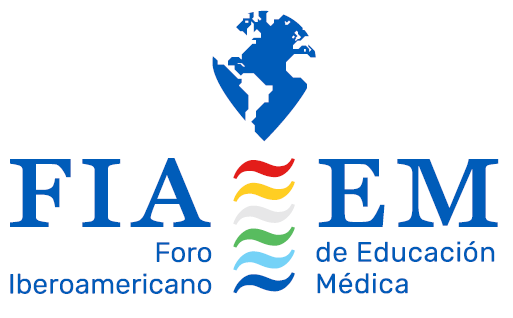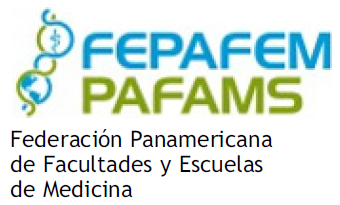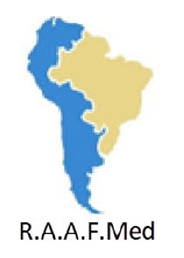La sociedad del siglo XXI, globalizada, informada y con la accesibilidad de las nuevas tecnologías de la comunicación e información, exige una renovación de los contratos tácitos tanto entre los médicos y los pacientes como también entre la profesión médica y la ciudadanía.
La renovación de los contratos pasa por el compromiso de las instituciones, así como por la transparencia de sus actuaciones. A la ciudadanía ya no le basta creer que el médico y la profesión médica lo harán bien, sino que demanda pruebas que muestren que está, como mínimo, en condiciones de poder hacerlo bien. Esta exigencia se cumple con una credencial, que puede tener diferentes nombres, pero que en definitiva ofrece la garantía de que un profesional, en el periodo evaluado, es competente.
Esta credencial, llámese “Validación Periódica de la Colegiación” (VPC), “Recertificación” (VPCR), “Evaluación del Desarrollo Profesional” o como se considere más apropiado, debe dar las máximas garantías posibles, tanto a los médicos como a la ciudadanía. La credencial que certifique la competencia de un médico especialista debe obtener tanto el reconocimiento y validez del conocimiento médico, de la auctoritas, como el reconocimiento y validez de la administración, de la potestas. El concepto de regulación compartida o corregulación (colegios profesionales, sociedades científicas y administración sanitaria) no debe oponerse al concepto clásico de autorregulación, sino que debe entenderse como un enriquecimiento del proceso de certificación de la competencia. Por ello, no es optativo, sino que es absolutamente necesario que los actores establezcan las sinergias necesarias para ofrecer una credencial fiable y transparente: una credencial que garantice periódicamente la competencia de los médicos.
The society of the 21st century, globalised, informed and with access to the latest information and communication technologies, demands a renewal of the tacit agreements between doctors and their patients as well as between the medical pr ofession and the general public.
The renewal of these contracts passes through the commitment of the institutions as well as through the transparency of their actions. For the public, it is no longer enough to believe that the doctor and the medical profession will do things well, rather they require evidence that, at the very least, the doctor and profession are in a position to be able to do things well. This demand is met with a credential that can have different names, but ultimately gives an assurance that a professional is competent in the evaluated period.
This credential, known as the Periodic Validation of Licensing (Spanish abbreviation, VPC), the Recertification or VPC-R or the Evaluation of Professional Development, as deemed appropriate, must give the maximum possible guarantees both for the doctor and the public. A credential that certifies the competence of a specialist doctor must obtain both the recognition and validity of both the medical speciality (of the auctoritas) and of the relevant administration (of the potestas). The concept of shared regulation or co-regulation (between Professional Colleges, Scientific Societies and the Health Administration) should not oppose the classical concept of self-regulation but should be understood as an enrichment of the certification process for competency. Therefore, it is not optional but absolutely necessary that the relevant actors establish the necessary synergies to offer a trustworthy and transparent credential that periodically assures the competence of doctors.








